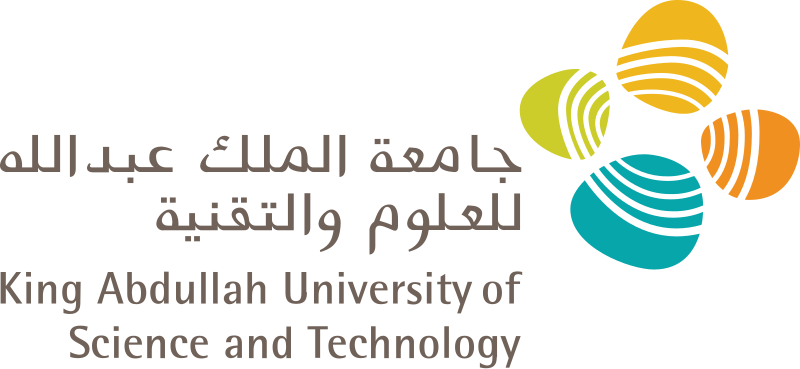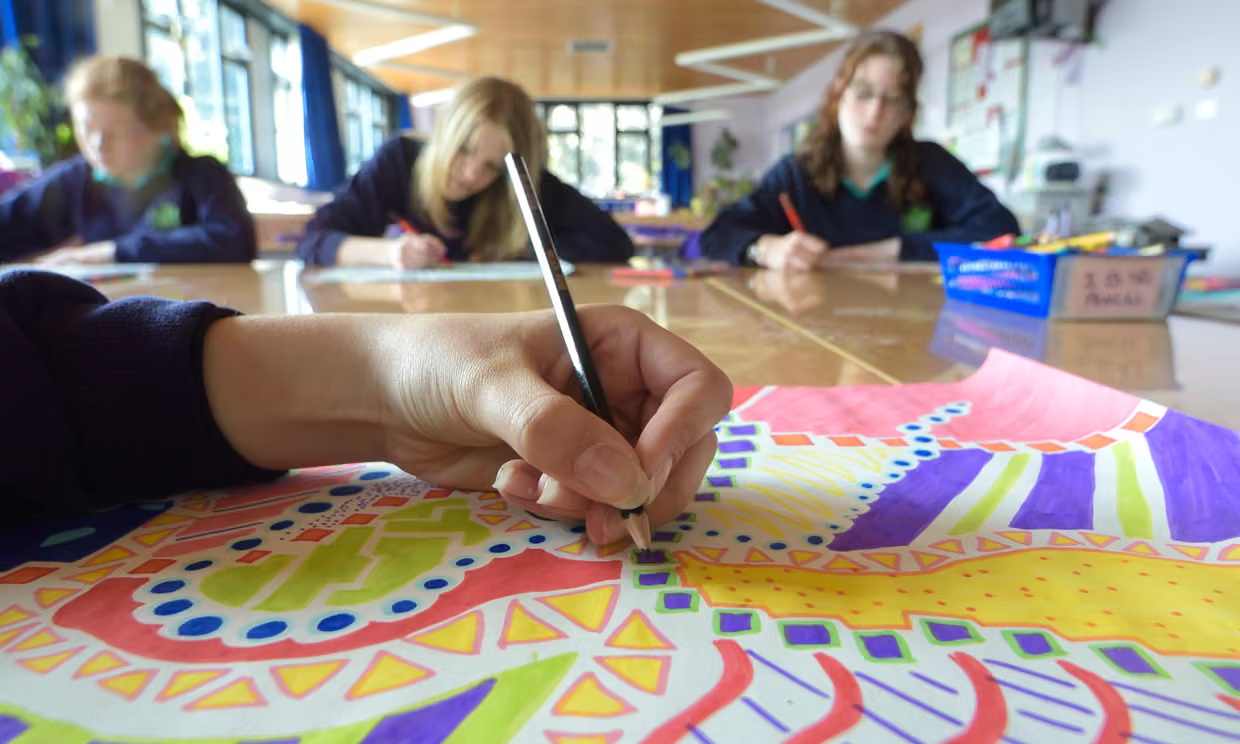
Applying to KAUST - Your Complete Guide for Masters & Ph.D. Programs (Upcoming Admissions)
Admissions Overview & Key Requirements

Arts and humanities will elevate to parity under sweeping reforms announced by the UK government, marking the most significant overhaul of what children learn in more than ten years.
The new National Curriculum, due to be taught from September 2028, will give creative subjects equal footing with traditional academic discipline. The long-criticised English Baccalaureate, a progress measure for schools introduced in 2010, will be scrapped.
The EBacc assesses schools based on how many pupils take English, maths, sciences, geography or history and a language – and how well they do.
The Department for Education (DfE) said the measure was "constraining", and that removing it alongside reforms to another school ranking system, Progress 8, would "encourage students to study a greater breadth of GCSE subjects", such as arts.
This shift is designed to give schools the flexibility to offer a wider curriculum without fear of being penalised in performance tables for allowing students to pursue subjects outside the core academic EBacc list.
The changes follow a year-long Curriculum and Assessment Review, led by Professor Becky Francis CBE, which gathered over 7,000 responses from teachers, parents, academics and students. It found that while English schools perform well in literacy and maths, too many pupils – particularly those from disadvantaged backgrounds – are missing out on the breadth and balance of education needed to thrive in modern life.
The reforms also aim to address weaknesses in literacy and numeracy. The government will introduce a new statutory reading test in year 8 and a strengthening of writing assessment in year 6 to spot pupils who need extra support at a crucial point in their development. Currently around 1 in 4 children leave primary school without being able to properly read and too many are leaving school without passing their GCSE English. The new year 8 test will pinpoint those who could benefit from further stretch, while repairing falling standards in the “lost years” at the start of secondary, when too many working-class young people fall behind.
A national oracy framework will be published to help teachers develop pupils’ speaking and listening skills. Phillipson said this would “build on the success of our reading reforms to make confident communication a core part of education.”
The review also found that too many pupils lose momentum in the early years of secondary school, especially those from working-class backgrounds. Ministers say the new assessments will help to spot problems earlier, ensuring that no pupil “slips through the cracks.”
For the first time, citizenship education will be compulsory in primary schools, ensuring all pupils learn law and rights, democracy and government, and climate education early on.
Younger pupils will also be taught how to spot misinformation and fake news, helping them develop the critical thinking needed to challenge what they see and protect them from online harms. Primary pupils will also learn more about the fundamentals of money, recognising that children are now consumers often before they reach secondary school, while bringing important changes to strengthen children’s reading.
The new curriculum places a much stronger emphasis on modern challenges. The computer science GCSE will be replaced with a broader computing qualification, covering data science, artificial intelligence, and digital literacy. A new Level 3 qualification will be developed for students who want to specialise in data and AI.
The reforms will also encourage every school to offer triple science GCSE as standard, widening access to biology, chemistry and physics for pupils in all areas.
Beyond the classroom, the reforms introduce a new Core Enrichment Entitlement to ensure every child has access to activities across five categories of enrichment – arts and culture, sports, nature, civic engagement and volunteering. Ofsted will consider as part of routine inspection how this expectation is being met, with information also made available to parents through a new information service – school profiles.
The final version of the curriculum will be published in spring 2027, giving schools a year to prepare before teaching begins in September 2028.
Share

Applying to KAUST - Your Complete Guide for Masters & Ph.D. Programs (Upcoming Admissions)
Admissions Overview & Key Requirements

An mRNA cancer vaccine may offer long-term protection
A small clinical trial suggests the treatment could help keep pancreatic cancer from returning

Registration Opens for SAF 2025: International STEAM Azerbaijan Festival Welcomes Global Youth
The International STEAM Azerbaijan Festival (SAF) has officially opened registration for its 2025 edition!

Young Leaders Union Conference 2025 in Paris (Fully Funded)
Join Global Changemakers in Paris! Fully Funded International Conference for Students, Professionals, and Social Leaders from All Nationalities and Fields

Yer yürəsinin daxili nüvəsində struktur dəyişiklikləri aşkar edilib
bu nəzəriyyənin doğru olmadığı məlum olub. Seismik dalğalar vasitəsilə aparılan tədqiqatda daxili nüvənin səthindəki dəyişikliklərə dair qeyri-adi məlumatlar əldə edilib.

Lester B Pearson Scholarship 2026 in Canada (Fully Funded)
Applications are now open for the Lester B Pearson Scholarship 2026 at the University of Toronto!